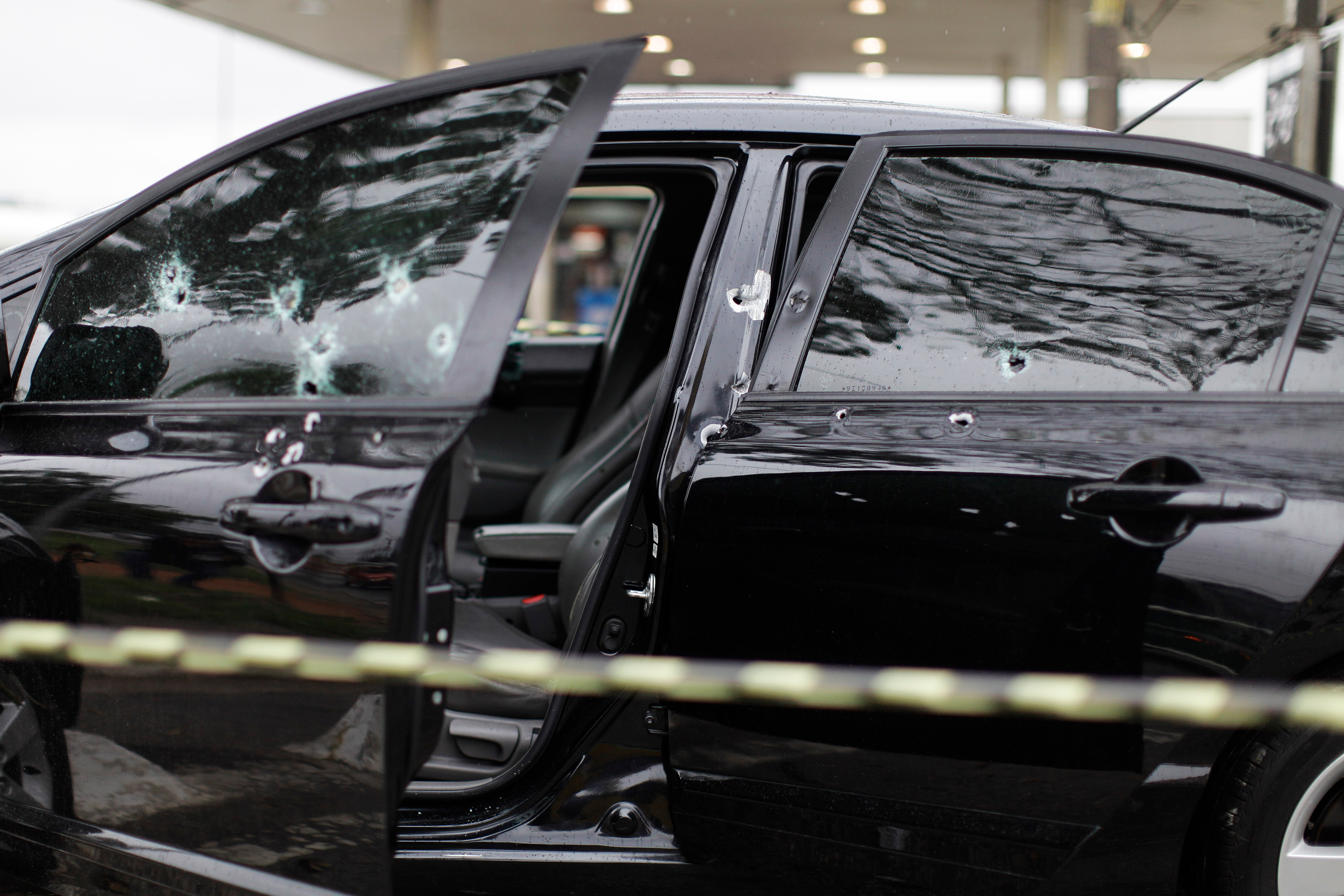Whistleblowing
The dilemma of whistleblowers of corruption in Africa

Bullet holes are seen in a car.
© Shutterstock“Corruption in Africa really fights, this doesn’t mean that corruption doesn’t fight elsewhere, but corruption in Africa fights hard,” Pusetso Morapedi of the Platform to Protect Whistle-blowers in Africa (PPLAAF). She was speaking in a panel discussion on the SABCNews programme, It’s Topical on Sunday, 6 November 2022. The show assembled a panel discussion of a dozen whistle-blowers who blew the lid on corruption at South Africa Airways, the Passenger Rail Agency of South Africa and other state owned enterprises, as well as the private sector.
As one would imagine, blowing the whistle in environments that are shy of the rule of law, respect for human rights and are inadequately capacitated in terms of legislation can make anyone question whether they should blow the whistle or not. More often than not, potential whistle-blowers have to consider their future, their loved ones, their wellbeing and more importantly, their own safety. Yet the ones who want to come forward, even in the face of danger, know that whistle-blowing is important in combating corruption. The question then becomes, how do we protect whistle-blowers?
Education, the need to strengthen constitutional and legal frameworks and empowering civil society on how to engage with government on the drafting of legislation came up in the discussion as some of the most important elements to consider in the protection of whistle-blowers.
Potential whistle-blowers are advised to consider their strategy before blowing the whistle, and more importantly, knowing legal journey because the legal journey may be quite “gruesome”.
The Friedrich Naumann Foundations for Freedom in Sub-Saharan Africa (FNF Africa) is partnering with PPLAAF on a number of workshops including two that were recently held in Namibia and Malawi. The aim of the workshops is to highlight the importance of whistle-blower protection across the region. This includes ensuring protection from retaliation, occupational detriment and insecurity (physical, economic and social). The workshops targeted lawyers, journalists and potential whistle-blowers.
Haseena Masechaba Masemola-Mdaka, who is the Regional Programme Officer at FNF Africa spoke alongside Pusetso Morapedi on the television programme. Masechaba and Pusetso have been working together on the FNF and PPLAAF whistle-blowing awareness initiatives in the region. Masechaba highlights why the Friedrich Naumann Foundation for Freedom in Sub-Saharan Africa is at the forefront of the initiative. “Good governance, the rule of law, advocacy on anti-corruption efforts is something that the Foundation takes seriously. This is because they form some of the key pillars in the architecture of democracy.”
FNF’s role is to help bring people together and have them converse and discuss best practise on cross country conversations. Even with the recent efforts to help capacitate stakeholders, the process can be frustrating. “One of the things we do realise, even with organising such initiatives is that the conversation always gets stuck. What then follows after the conversations and recommendations are made? The pressure needs to be placed where it belongs and a push for the formation of the legal framework must happen,” says Masechaba. The Foundation will continue to support such initiatives for the sake good governance, the rule of law and more importantly, for democracy.
